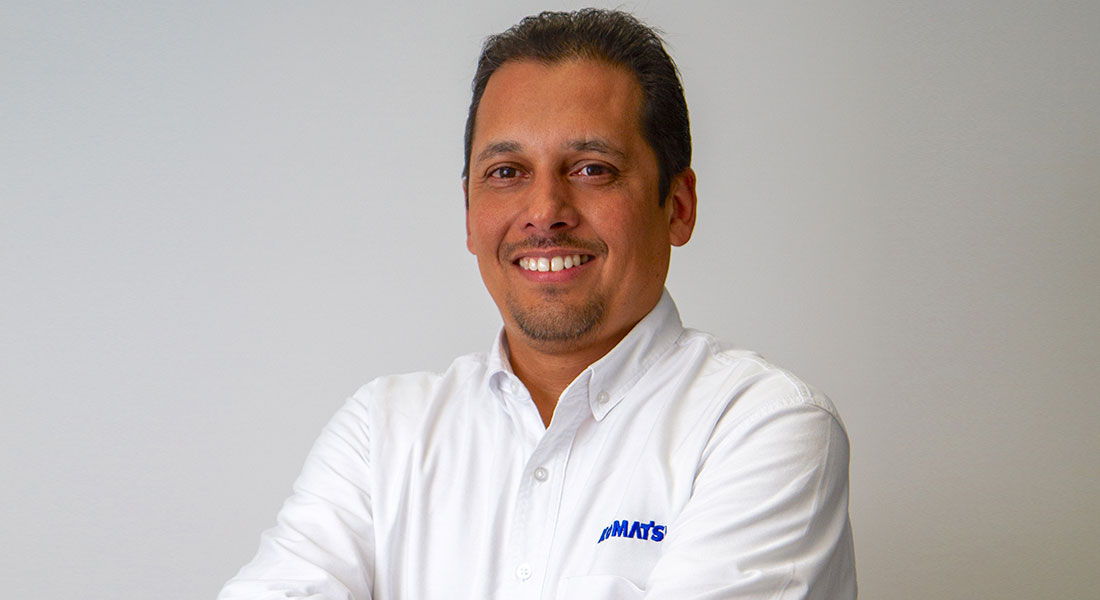


I am not the first to notice that our education system(s), virtually everywhere but especially in Latin America, don’t really teach the fundamentals of finance. Sure, we are taught mathematics for the more abstract domains of arithmetic and algebra, and some of us had a very basic accountancy course in high school, but people aren’t really get taught better techniques for money management. This of course wouldn’t make much sense to try to teach early primary school children, but it could be beneficial to start in the teenage years.
A basic education curriculum that includes fundamentals of how interest rates grow, what it means to invest money, how to tell apart a necessary expenditure from a true “investment”, or even encourages young students to try and experiment with setting up their own small businesses could be enormously beneficial to the education of teenagers and young adults; perhaps even positively affecting domestic economies and regional microeconomics over time. Of course, like every education-related policy, it would take a long time to see the benefits – decades even. But as the economic workings of our societies continue to radically change, some related education is long overdue.
However, I don’t believe this to be a panacea. Nor am I naïve enough to just say “see it’s all just an education problem…” – this line of thought has become so prevalent everywhere, and so ultimately devoid of any meaning, that it’s become an empty signifier, almost a cop-out to avoid other more immediate and sound governmental policies or regulatory measures. Poverty and economic under-development are not “just an education problem”. It is also a matter of macroeconomics, fiscal regulation and financial macro-policy in a complex world. But that’s not to say that more financial education through the schooling systems, or more accessible and widespread systems of coaching for personal finance wouldn’t be hugely beneficial – if not at the larger social level, at least at the individual level.
One example of a person who does said coaching is investor and author Robert Kiyosaki, the author of the world-famous “Rich Dad, Poor Dad” book. Though I am critical of some of his ideas, there’s no denying that he has incredibly useful things to teach individuals about investment and finance. People are not taught in school how an interest rate grows, how debt works, or what kinds of debt can be productive while others may sink us. And why should all of this be some obscure area of specialization, when virtually all of us deal with money, debt and assets?
Is this financial education gap there by design?... I don’t think it necessarily is. But many believe so; they believe some conspiracy is going on, in order to “keep people poor”. And while it’s possible these ideas exist, it doesn’t seem like all of the supposed causal relations necessarily follow: people with more income can also buy more goods and services, richer markets are larger markets more coveted by industries and corporations, so “keeping people poor” is not necessarily beneficial to economic elites. I rather think this gap is there simply because the educational systems are generally outdated and unresponsive to current social and economic forces. Education systems were designed by academics themselves, and not necessarily by experts in every area of knowledge that we need. The basic education curricula were designed at the times of the industrial revolution, with the general goal to educate an industrial workforce, and haven’t radically changed ever since. Any fundamental rethinking of our financial system has to start with learning the current one.









